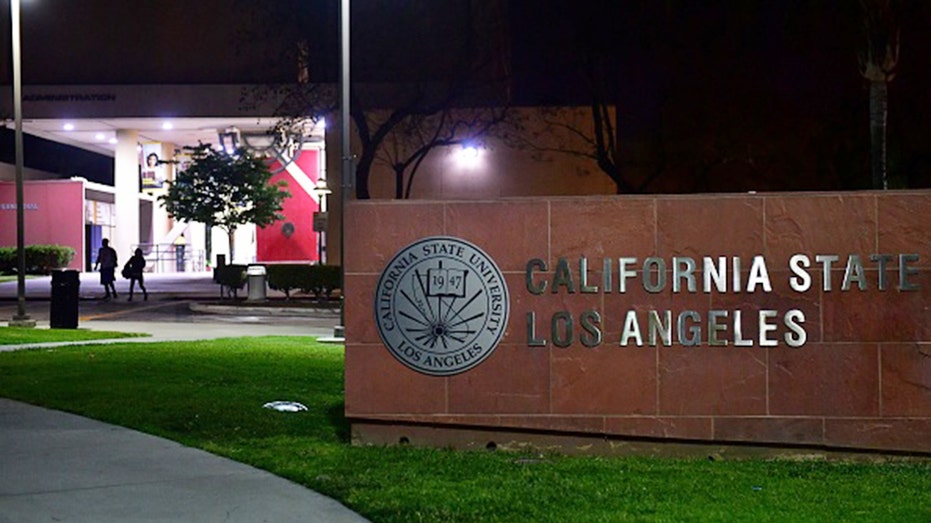University of California Will Stop Using SAT, ACT
Move is significant blow to multibillion-dollar college admission testing industry
The University of California board of regents voted Thursday to stop using the SAT and ACT college admissions exams, reshaping college admissions in one of the largest and most prestigious university systems in the country and dealing a significant blow to the multibillion-dollar college admission testing industry.
The unanimous 23-to-0 vote ratified a proposal put forward last month by UC President Janet Napolitano to phase out the exams over the next five years until the sprawling UC system can develop its own test.
The battle against standardized tests has raged for years because minority students score, on average, lower than their white classmates. Advocates argue that the exams are an unfair admission barrier to those students because they often cannot pay for pricey test preparation.
"The test is a proxy for privilege," said Regent Cecilia Estolano. "It's time, it has been studied to death."
NOTRE DAME BRINGING STUDENTS BACK TO CAMPUS 2 WEEKS EARLY
More than 1,000 colleges and universities have gone "test optional," with the pace of schools dropping the exam accelerating in recent years in an attempt to level the admissions playing field.
The University of California received more than 176,000 freshmen applications last year -- including around 116,000 from in-state students -- and the system's decision to abandon the exams opens the door for other schools to follow suit, partly to ensure they don't alienate California applicants.

The California State Los Angeles university campus s on April 25, 2019 in Los Angeles, California. (FREDERIC J. BROWN/AFP via Getty Images)
LORI LOUGHLIN, MOSSIMO GIANNULLI TO PLEAD GUILTY IN COLLEGE ADMISSIONS SCANDAL
A spokesman for the College Board, which oversees the SAT, said the organization's "mission remains the same: to give all students, and especially low-income and first-generation students, opportunities to show their strength. We must also address the disparities in coursework and classrooms that the evidence shows most drive inequity in California."
Ms. Napolitano's proposal allows four years for the UC system to develop a new exam. If it fails to create or adopt one, then it likely would cease to use any exam, said Robert Schaeffer, public education director of the National Center for Fair and Open Testing, known as FairTest, which has fought against standardized testing for 30 years. Mr. Schaeffer said he doesn't believe a new exam will be implemented.
"It appears very unlikely that they will be able to design an instrument that is more accurate and fairer than relying on applicants' high school records," Mr. Schaeffer said. "And, if a new test somehow meets those goals promoters would face massive adoption barriers, including persuading UC and the rest of the admissions world that a third test is truly needed or useful."
THE 10 COLLEGES RECEIVING THE MOST CORONAVIRUS AID FROM THE CARES ACT
The road to Thursday's vote has been full of twists and turns. Ms. Napolitano began the review of the use of the SAT in 2018, that prompted a faculty committee began a review of the use of the exam. In February it recommended that the system continue to use the exams, arguing that applicants' scores on the SAT and ACT still serve as better predictors of first-year performance than high school grades.
However, the task force encouraged the university system to expand the criteria on which it bases admissions decisions, and suggested possibly creating an alternative admissions test.
GET FOX BUSINESS ON THE GO BY CLICKING HERE
In December, students and community groups sued the University of California, alleging its requirement that applicants submit ACT or SAT scores discriminates against racial and ethnic minorities and low-income applicants.
Last month, the UC system voted to suspend the use of the tests for one year because of the coronavirus pandemic.
Write to Douglas Belkin at doug.belkin@wsj.com




















